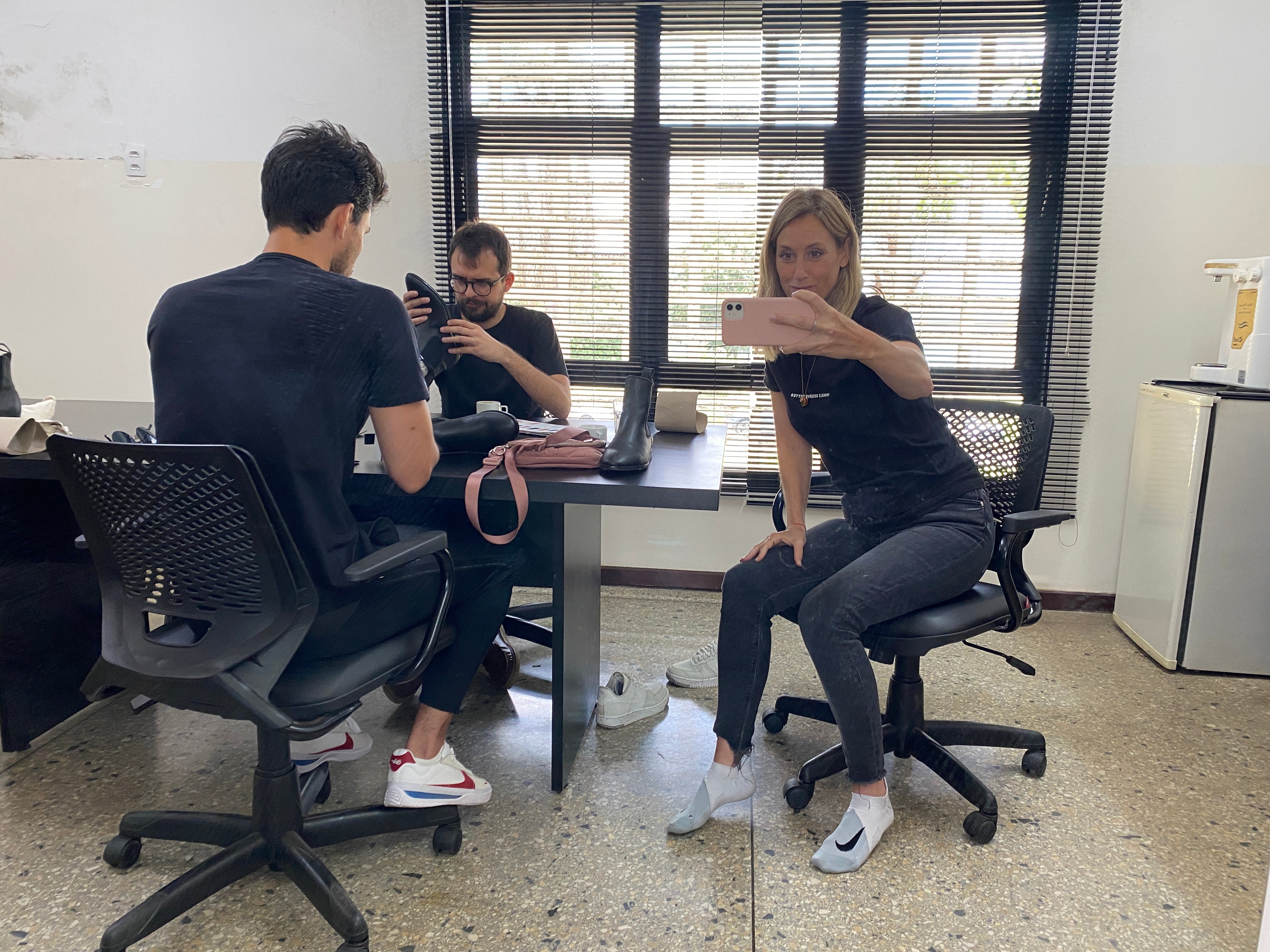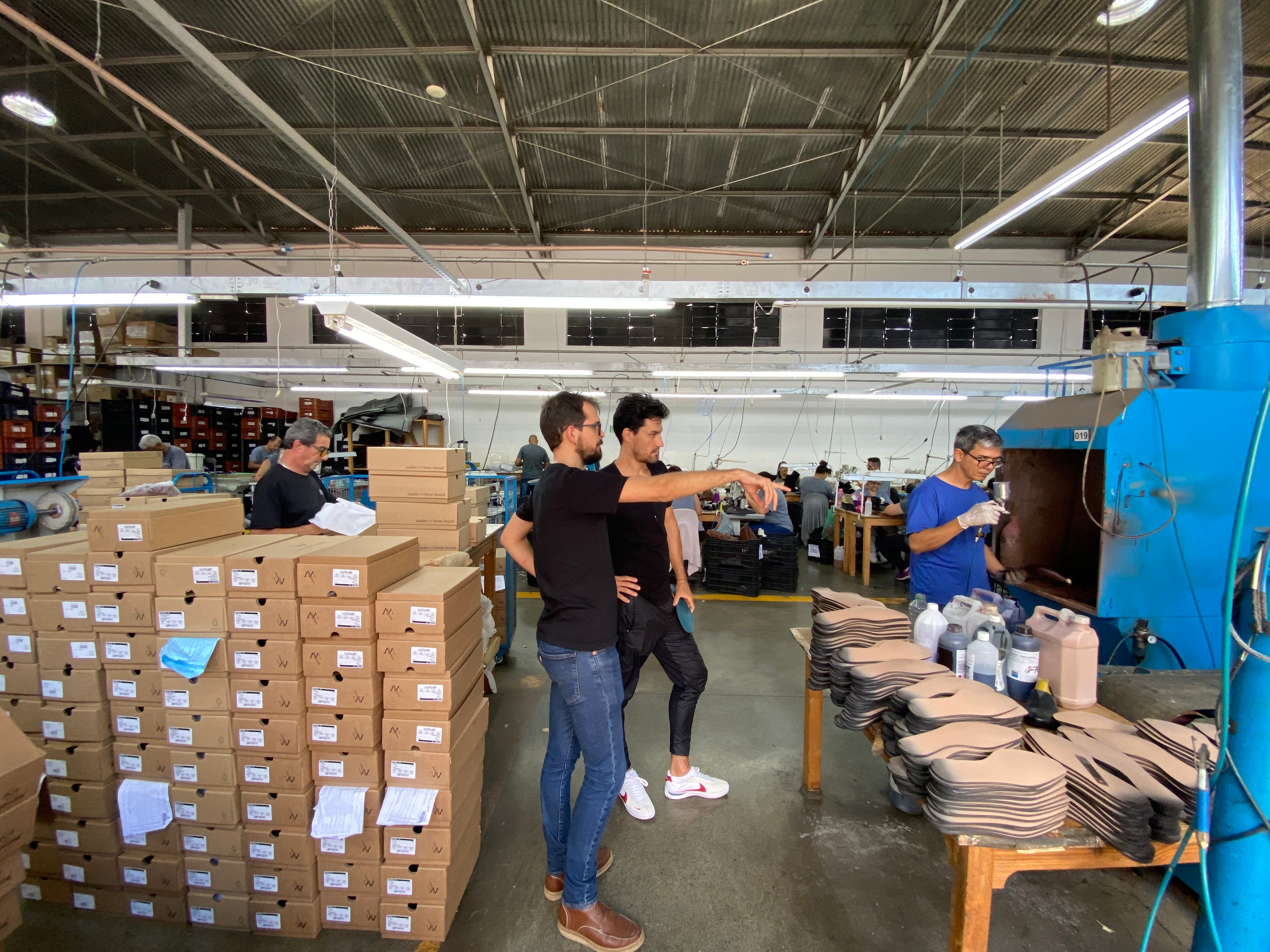What is animal cruelty in the fashion industry?
Animal cruelty in the fashion industry refers to the unethical treatment of animals for the production of clothing, accessories, and other fashion items. It involves practices such as fur farming, leather and suede production, and animal testing.
Why is animal cruelty a concern in the fashion industry?
Animal cruelty in the fashion industry raises ethical and environmental concerns. Animals are often subjected to inhumane conditions, confinement, and painful procedures. Additionally, the fashion industry contributes to environmental degradation through the use of toxic chemicals and the production of excessive waste.
How are animals used in the fashion industry?
Animals are used in various ways in the fashion industry:
- Fur: Animals such as minks, foxes, and rabbits are bred and killed for their fur, which is used in clothing and accessories.
- Leather: Cows, pigs, and other animals are raised and slaughtered for their skin, which is used to make leather products.
- Exotic skins: Snakes, alligators, and other reptiles are hunted and killed for their skins, which are used in luxury fashion items.
- Animal testing: Some cosmetic and skincare brands test their products on animals, subjecting them to potentially harmful substances.
What are the alternatives to animal cruelty in the fashion industry?
Fortunately, there are alternatives to animal cruelty in the fashion industry:
- Faux fur: Synthetic materials can be used as a cruelty-free alternative to real fur.
- Vegan leather: Plant-based materials like pineapple leaves and mushroom fibers can be used to create leather-like products.
- Ethical brands: Many fashion brands have committed to using only cruelty-free and sustainable materials in their products.
- Animal-free testing methods: Advanced technologies, such as in vitro testing and computer modeling, can replace animal testing in the cosmetics industry.
What can consumers do to combat animal cruelty in the fashion industry?
Consumers play a crucial role in driving change in the fashion industry. Here are some actions they can take:
- Choose cruelty-free brands: Support fashion brands that have ethical and sustainable practices.
- Opt for vegan alternatives: Select clothing and accessories made from synthetic materials or plant-based alternatives.
- Spread awareness: Educate others about the issue of animal cruelty in the fashion industry and encourage them to make conscious choices.
- Support legislation: Advocate for stricter regulations and laws against animal cruelty in fashion.
By making informed choices and supporting ethical fashion, consumers can contribute to a more compassionate and sustainable industry.


